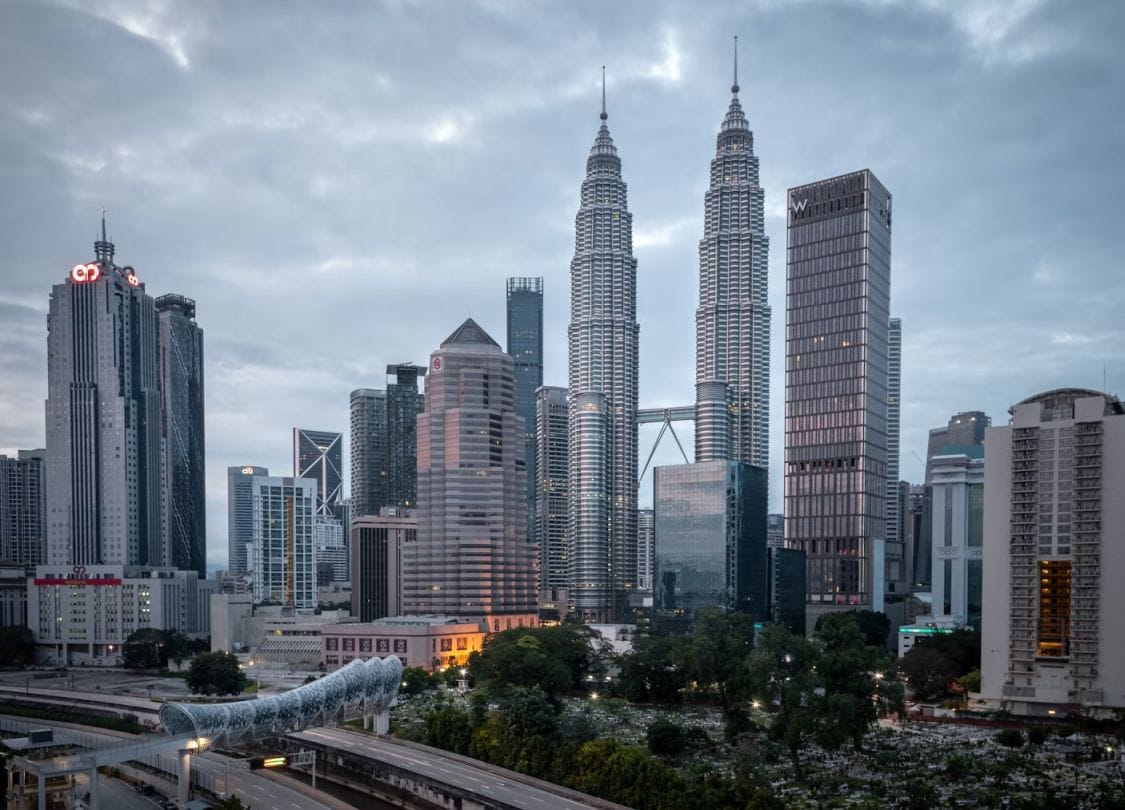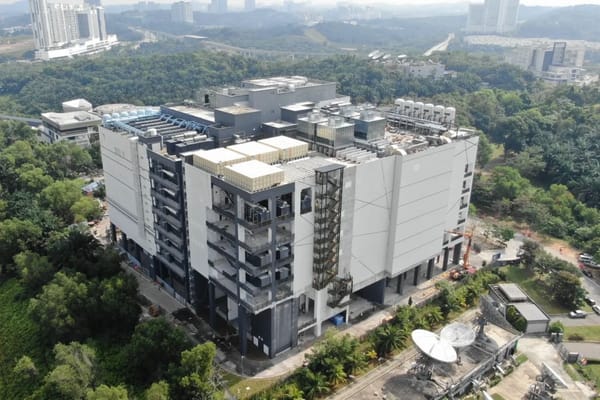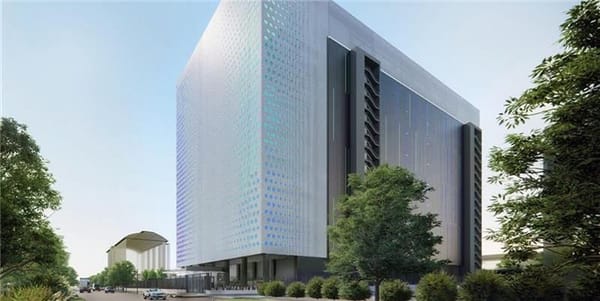Malaysia's data centre operators scramble amid new tariffs
From sanguine to tinged with a slight touch of panic.

Will data centre investors flee Malaysia? Within weeks, the atmosphere has switched from sanguine to tinged with a slight touch of panic. What's next? Here's my take.
The story so far
Malaysia's TNB has introduced new tariff rates for electricity, which kicked in earlier this week. It shouldn't have been a surprise. Except it was.
As I wrote yesterday, key details of the tariff structure were only revealed in early June, and even then, only to a handful of the largest operators.
Most data centre operators were hence left blindsided by the sharp increase, estimated at 15% higher for most data centre operators.
The game plan
So, what's the game plan behind the change? Why the sharp impact on the data centre sector? Here are four speculations.
- Not well executed
The simplest answer is that Malaysia needed to bring in additional revenue to invest in beefing up its grid as it transitions from coal and build up its renewables.
Sure, communication could have been better and the phasing in less abrupt. But there's nothing nefarious about the new tariff structure.
- Pumping the brakes
Of course, the revenue increase, while substantial to data centre operators, is small compared to Malaysia's annual budget. What if income isn't the sole consideration?
Data centre capacity in Malaysia has surged over the last few years. A heftier power bill would certainly slow down the breakneck growth without jamming on the brakes.
- Targeted at AI data centres
Malaysia is now a top hub for AI data centres. I've heard first-hand accounts of deployments of tens of thousands of H200 GPUs. I'm sure there's more that I don't know of.
Yet it hardly seems equitable to subsidise the electricity for AI workloads that by itself offers little or no benefit to the country.
- Incentivize renewables
Malaysia recently liberalised its renewable energy sector, allowing renewable energy producers to directly negotiate electricity tariff rates with corporate customers.
A higher tariff could drive demand and benefit the renewable power sector - where a grid access charge applies.
What next?
For now, data centre players are rushing to compare notes after working out their new electricity bills. They will also need to consult with the authorities.
I've been told by a Malaysian that chances for parts of the new tariff structure being walked back or at least ameliorated is non-zero.
However, I suspect this depends on whether the industry can come to an agreement and present a united front.




